Despite all the benefits that easy access to electricity allows many of us to enjoy, here at Insteading, we tend to think of “the grid” as an oppressive sort of thing. Instead of glowing light bulbs in a dark, moonless night, for example, we tend to focus on the powers that be putting people in prison for trying to be self-reliant and trying to live their life in a greener, more secure, more sustainable way. We don’t have to think of the grid as all bad, however.
That’s what Zachary Shahan thinks. And, when a guy who made it onto a list of the “Top 20 Fuel Economy Influencers” alongside US President Barack Obama, Tesla CEO Elon Musk, the US Secretary of Energy, NYC Mayor Michael Bloomberg, and the heads of numerous automobile companies says something, you should probably take a minute to listen to what he has to say.
So, let’s listen: you can read more about Zachary’s take on the whys and hows of taking your “electronic” life off the grid in the article, below, which originally appeared on our sister site, Planetsave. Enjoy!
Living Off The Grid — Good Idea?
Living off the grid has great appeal to a lot of people. It sounds idyllic. You are no longer dependent on broader society (well, at least not for electricity). You no longer send your money to a greedy monopoly month after month. You largely rely on the clean electricity generated by your rooftop solar panels or a big wind turbine. It clearly has some benefits, but it it’s not all peaches and cream. Living off the grid also comes with considerable downsides.
In a time when “the sharing economy” is all the rage, you’d think we’d actually have more enthusiasm for our ultimate system of sharing — the electric grid. Through a massive amount of sharing, we’re all able to use electricity just when we need it, and at a discount. “A discount?!,” you ask in exclamation. Well, yeah, electric utilities may be monopolies making massive profits, but we are still benefiting from the efficiency of this smart system.
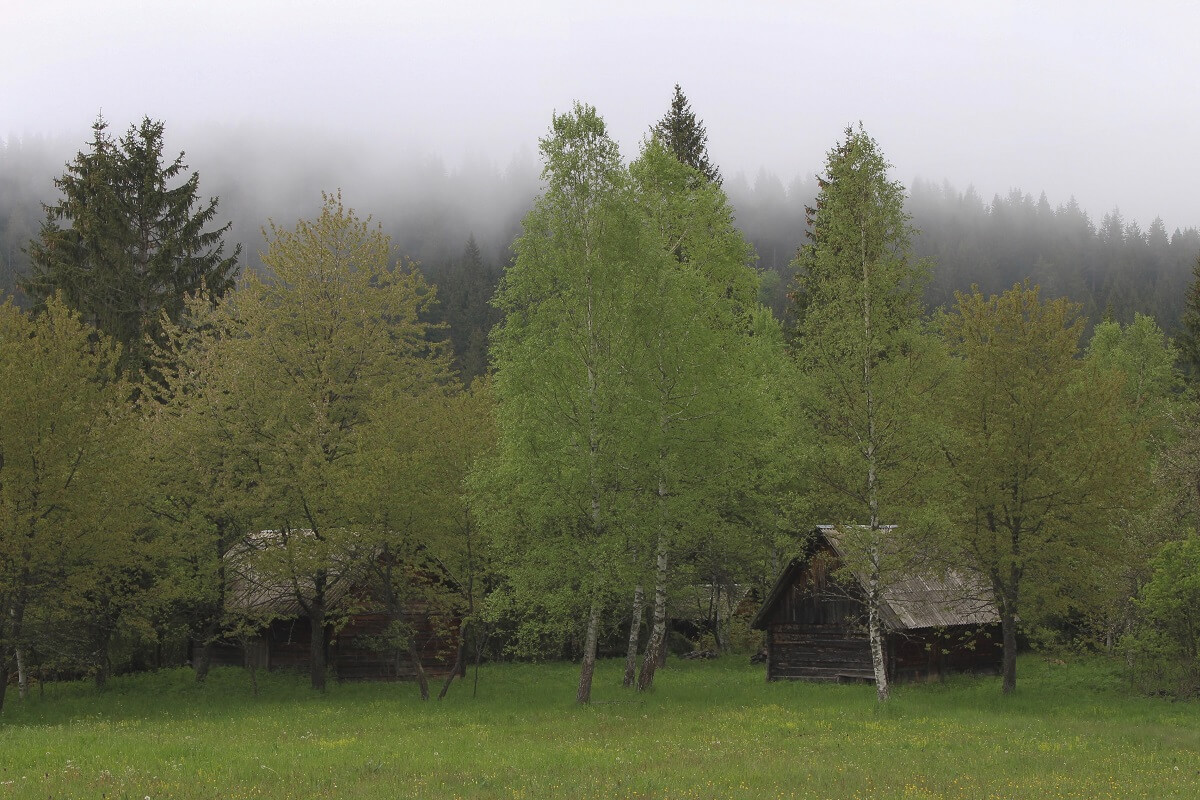
Not hooked into the electric grid, if we only relied on our own solar panels or wind turbine, we’d also need expensive backup batteries or an even more expensive (and super dirty) diesel generator in order to have electricity whenever we wanted it. Over on CleanTechnica, our comment moderator has been living off the grid for decades, and he is one of the biggest proponents of the grid that I know.
He lives far off the grid in Northern California, and the nearest utility was going to charge him hundreds of thousands of dollars to extend the grid to his home. So, he bought solar panels and batteries instead. But the combined system isn’t super cheap (yet). Furthermore, when it’s overcast for a long time, he has to run a diesel generator.
On-Grid Solar or Wind
When you have solar and you are on the electric grid, the grid is essentially your battery. If you have excess electricity, you send it into the grid (and often get compensated for that). If you don’t have enough electricity from your solar power system, you can use electricity from the grid. The grid electricity + infrastructure is a massive shared system.
Much less backup power is needed, as there’s a diverse range of electricity sources feeding electricity into the grid from many regions and demand also varies, so you need electricity when someone else doesn’t, allowing the two of you to share an electricity generator. There’s a grid manager in place who is ensuring (or trying to ensure) that electricity supply and demand always match, so that the grid doesn’t go down and leave you without electricity.
Microgrids
There is one “off-grid” option that I think does make sense. However, it’s not truly off the grid, but is its own small grid. As the subheading states, I’m talking about microgrids. Microgrids are expected to rise in both the developed as well as developing world in the coming years.
They offer many of the benefits of a large, centralized grid, but result in greater overall grid security. Also, they allow communities (or even neighborhoods) to together produce the key benefits of the grid but move away from a monopolistic utility.
With low-cost rooftop solar power and battery costs dropping off a cliff as well, a high penetration of rooftop solar panels combined with cheap electricity from wind turbines and some backup energy storage can provide all that is needed for a relatively small community to form its own microgrid. In that way, you can cut yourself off from the monopolistic practices of a larger grid while still benefiting from shared electricity generation and storage technologies.
On a recent trip to Germany, I actually visited a grid-independent village there. It may actually be the only grid-independent village in the developed world. You may think this came at a high cost, but it actually came at some huge financial savings, and the financial savings were reportedly what drove the villagers to go off the grid. From an article (linked above) that I wrote over on CleanTechnica:
To finance the biogas system, the villagers took a loan of 1.3 million euros for a 10-year period, which is now 6 years over. That actually results in Feldheim having the cheapest electricity in all of Germany. The Feldheim villagers pay ~17.4 euro cents per kWh, while the average across Germany is ~28 euro cents per kWh. If you look at the situation about 20 years out, Feldheim villagers will likely be paying ~half the national average.
Rather than relying on solar, Feldheim relied on wind power and biogas (with a minimal amount of biomass — sustainably forested wood burning), since they much better fit the village’s natural resources.
I think we’ll see strong growth in the microgrid market in the years to come, but in the developed world, that would also rely on a shift in thinking and regulations, so we’ll have to wait to see how far that goes.
Extreme Circumstances
Of course, there are extreme circumstances where living off the grid makes sense. Small islands, or land-locked “islands” that the grid cannot easily reach, are obvious examples. In some cases, it doesn’t make sense to extend the grid or create a microgrid in your location.
Also, if your electricity provider is hiking up electricity prices so much and not rewarding rooftop solar power installations, then it could be cheaper to go solar and get your own batteries and move off the grid. Of course, you also need to live in a region with enough winter sun that that makes sense. There are places in the world, such as regions of Australia, where this seems to be where things are headed… if they aren’t there already.
Wrapping Up
Living off the grid sounds nice, and it is the most logical solution in some extreme circumstances, but I do think the electricity grid is an efficient, practical, valuable solution. I think the electricity grid is in the process of changing a lot, and part of that will be breaking it out into more and more microgrids, but I don’t think the grid is going away, and it shouldn’t. If you are considering going off the grid, just be sure to give it some holistic thought. Don’t do it out of prejudice, and don’t do it without doing the math first!
This post is part of Planetsave’s ongoing series on “The Changing Grid.” Check in again soon for more stories in this series.
Image Credits: Solar home in Germany by Zachary Shahan | Planetsave (CC BY-SA 4.0 license); Rooftop solar installation via Shutterstock; Wind turbine art in Feldheim, Germany, by Zachary Shahan | CleanTechnica (CC BY-SA 4.0 license); Solar home on island via Shutterstock (copyrighted)


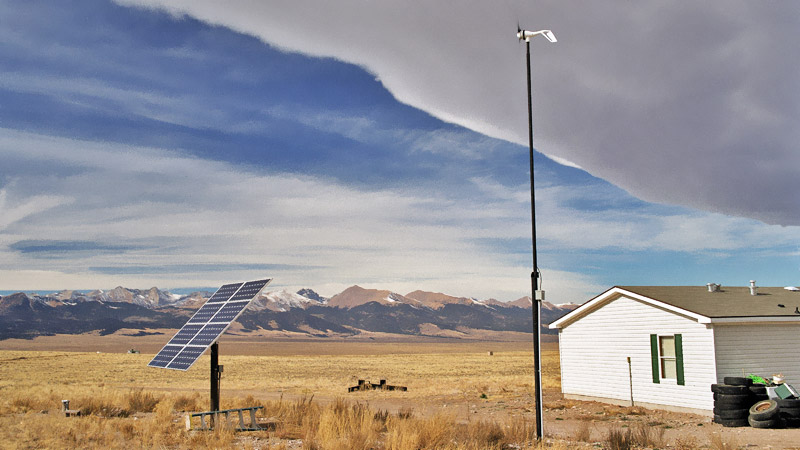


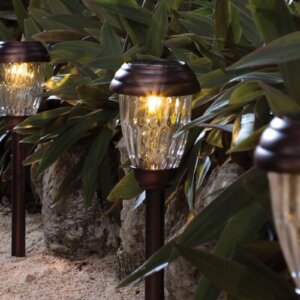








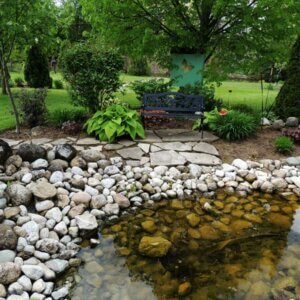




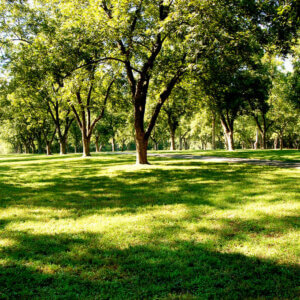



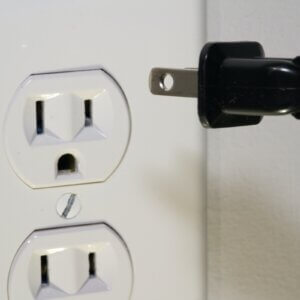


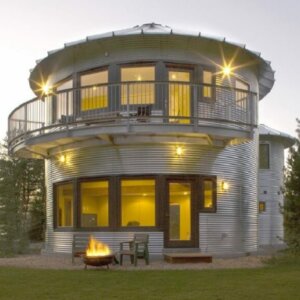

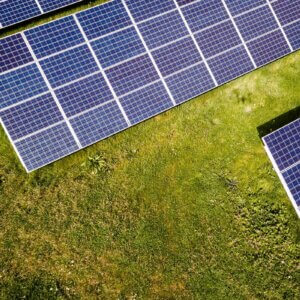





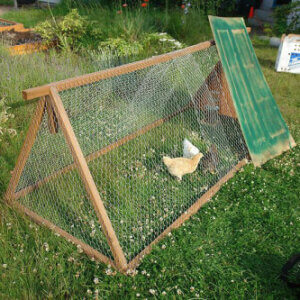



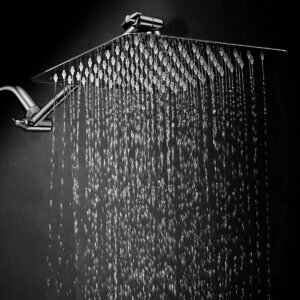

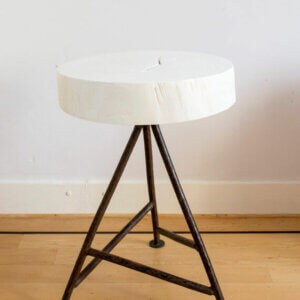
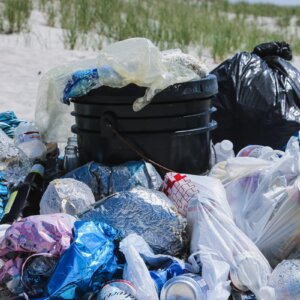
Leave a Reply